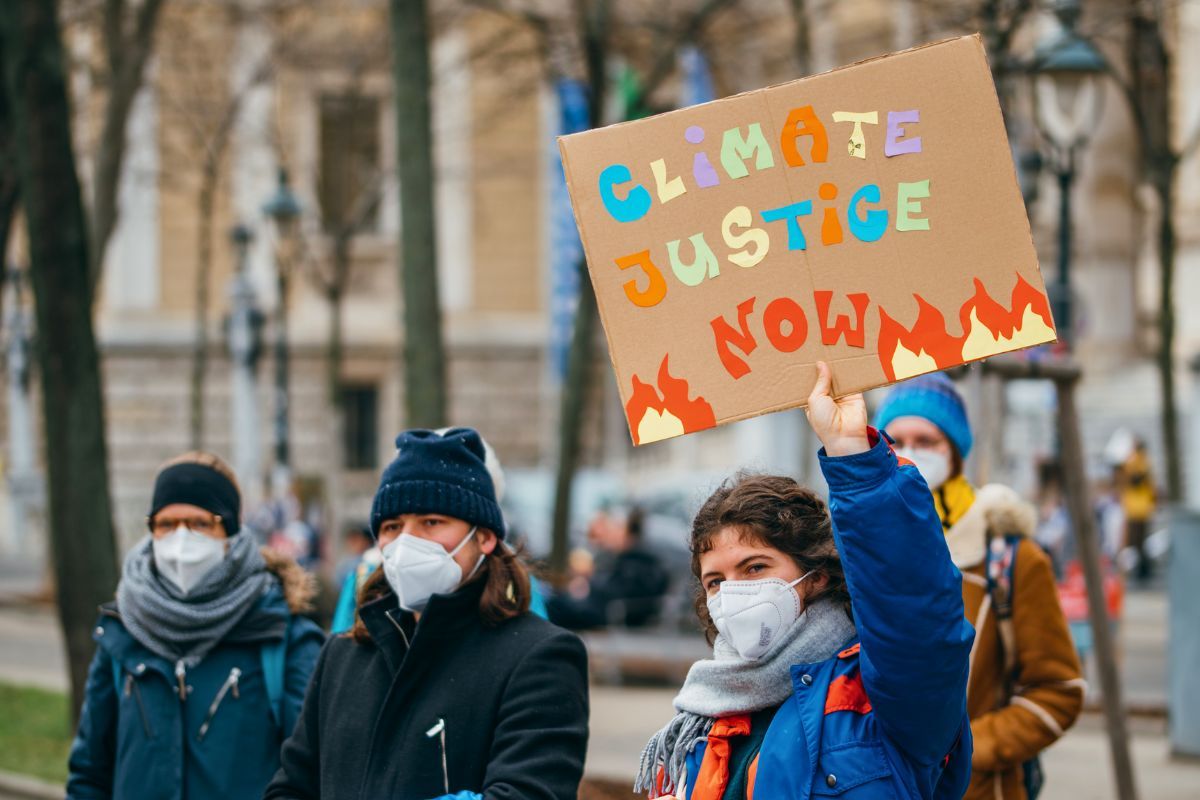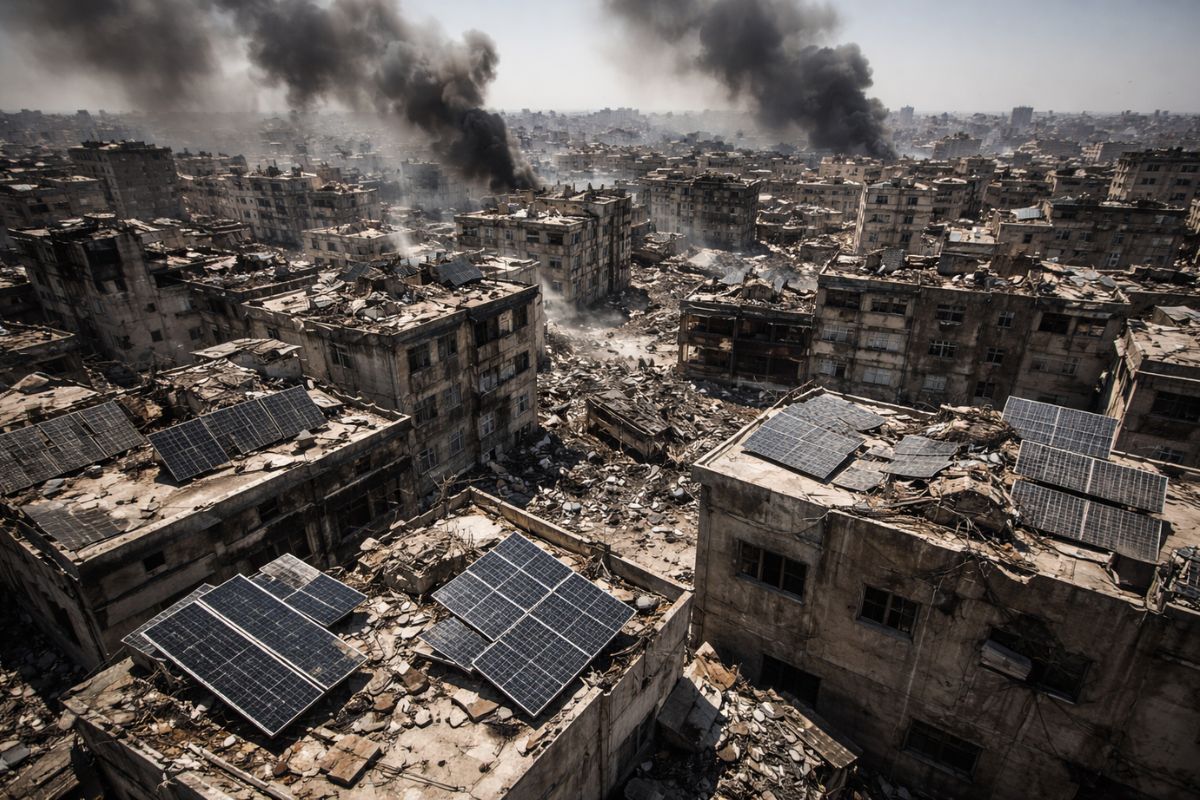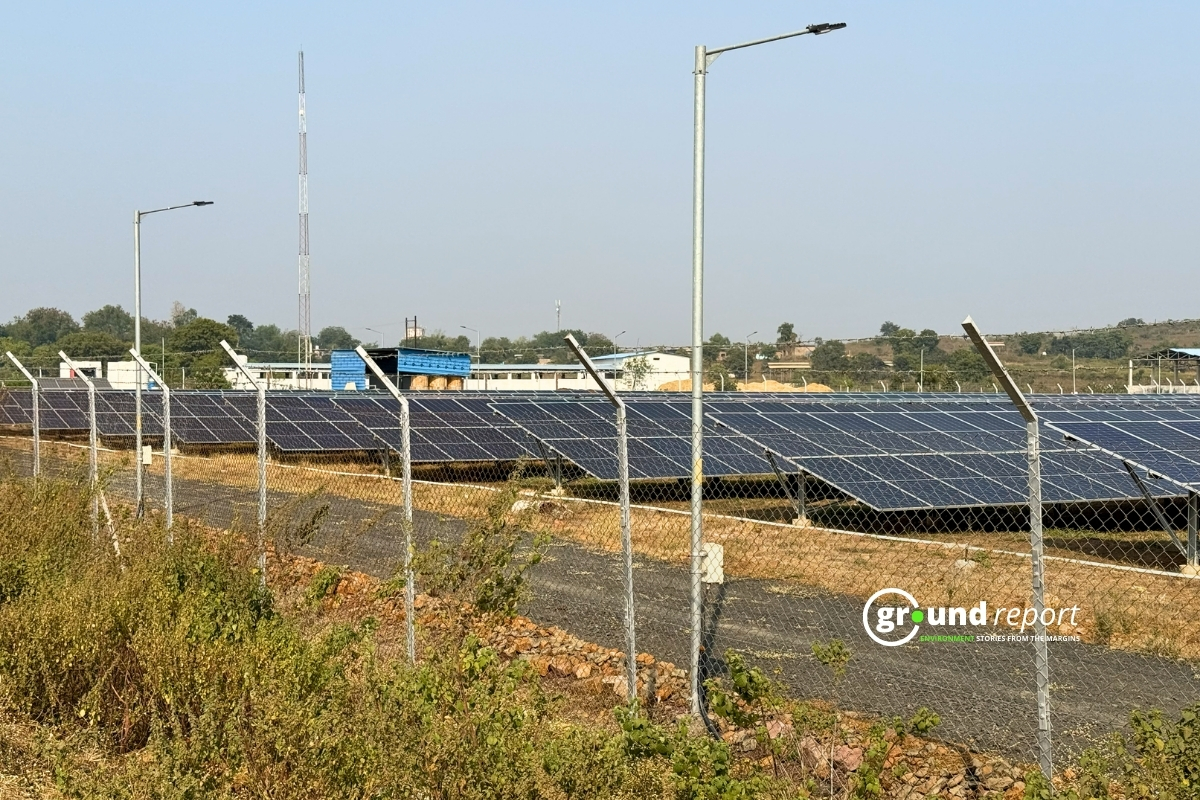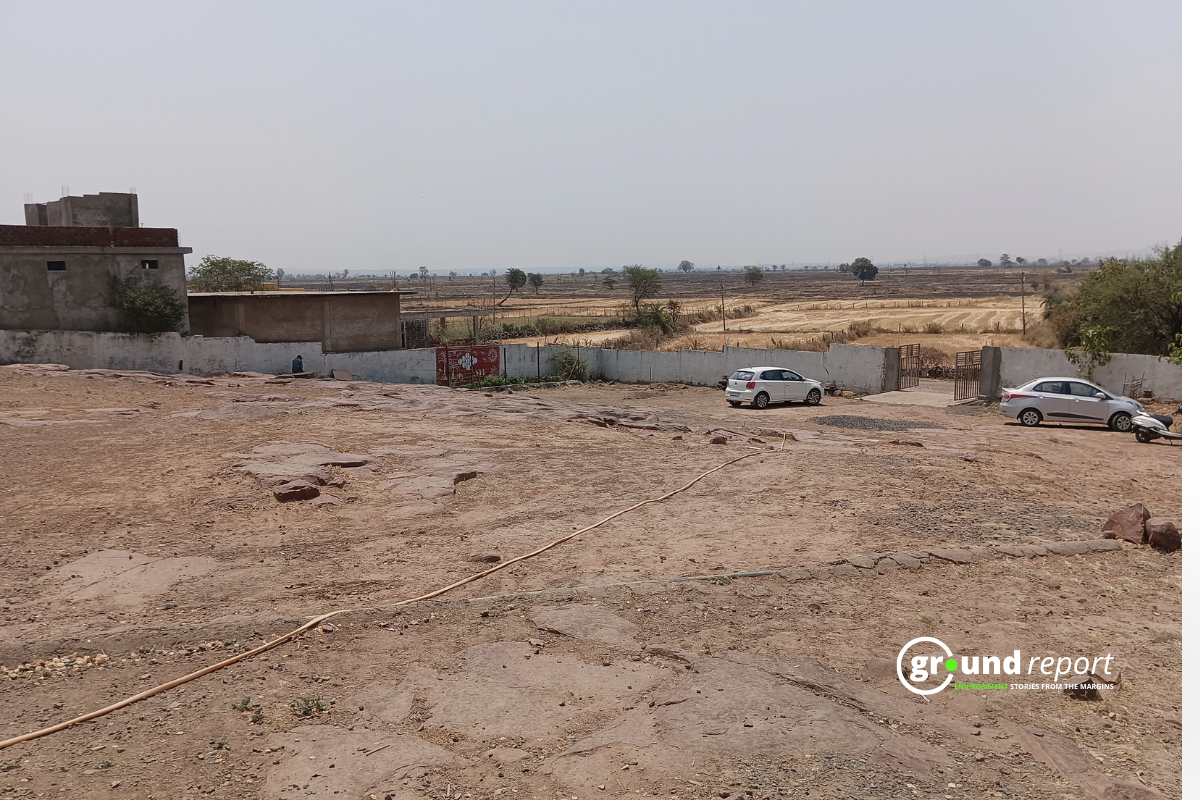The European Court of Human Rights has delivered a historic ruling with far-reaching implications, declaring that failure to take sufficient action against climate change violates fundamental human rights enshrined in the European Convention on Human Rights. This groundbreaking verdict sets a legal precedent that could pave the way for a surge of climate litigation across the continent.
The landmark judgment came in response to a complaint filed by a group of elderly Swiss women, known as KlimaSeniorinnen (Older Women for Climate Protection), who argued that Switzerland’s inadequate efforts to reduce carbon emissions posed a threat to their health and well-being during heat waves exacerbated by global warming.
Multiple demands
The Strasbourg-based court rejected two other climate-related cases on procedural grounds, highlighting the stringent criteria for such claims. A complaint filed by six Portuguese children and young adults who suffered the consequences of forest fires was dismissed because they had not exhausted all legal remedies within Portugal before appealing to the ECHR.
Similarly, a former mayor of the French city of Grande-Synthe failed in his attempt to hold the French government accountable for its climate policies, as the judges ruled that he could not demonstrate how he could be a victim of those policies since he no longer resides in France.
These rejections underscore the need for plaintiffs to meticulously navigate domestic legal channels before seeking recourse at the international level.
Beyond Switzerland
Gerry Liston, a lawyer with the global legal network GLAN, hailed the ruling as “a triumph for every person,” stating that it compels governments across Europe to establish scientifically grounded climate protection targets to keep global warming below 1.5 degrees Celsius, as stipulated by the Paris Agreement.
“The verdict forces governments across Europe, not just Switzerland, to set scientifically-founded climate protection targets to keep warming below 1.5 degrees. The ruling can be invoked directly as a reference in national proceedings,” Liston told DW in Strasbourg.
While the Swiss government acknowledged the need to carefully analyze the verdict, a spokeswoman asserted that the ruling does not automatically necessitate immediate political action, maintaining that Switzerland is already taking significant steps to mitigate climate change.
Implications and Reactions
The ECHR’s verdict sets a legal precedent that climate change is a human rights crisis, a position affirmed by Joie Chowdhury, a lawyer at the Center for International Environmental Law. “It is the first time that an international court has clearly stated that a climate crisis is a human rights crisis,” Chowdhury said.
Experts predict that the ruling will catalyze a wave of climate litigation across Europe, as citizens and organizations seek to hold their governments accountable for failing to meet emissions reduction targets and adequately address the global warming crisis.
“I anticipate we will see a rash of lawsuits in other European countries because most of them have not met their climate goals and have not set climate goals that are appropriate,” said Michael Gerrard, director of the Sabin Center for Climate Change Law at Columbia University in New York.
While the ECHR’s judgments are legally binding, compliance ultimately rests with individual states. Annalisa Savaresi, a professor of environmental law at the University of Eastern Finland, expressed hope that Switzerland, known for its commitment to the rule of law, would abide by the court’s ruling.
The ECHR, established in 1959 by the Council of Europe, serves as a court of last resort for citizens who believe justice has not been served within their national legal systems. Its rulings, although lacking enforcement mechanisms, carry significant legal and moral weight.
Support us to keep independent environmental journalism alive in India.
Keep Reading
Part 1: Cloudburst in Ganderbal’s Padabal village & unfulfilled promises
India braces for intense 2024 monsoon amid recent deadly weather trends
Follow Ground Report on X, Instagram and Facebook for environmental and underreported stories from the margins. Give us feedback on our email id greport2018@gmail.com.
Don’t forget to Subscribe to our weekly newsletter, Join our community on WhatsApp, and Follow our YouTube Channel for video stories.









